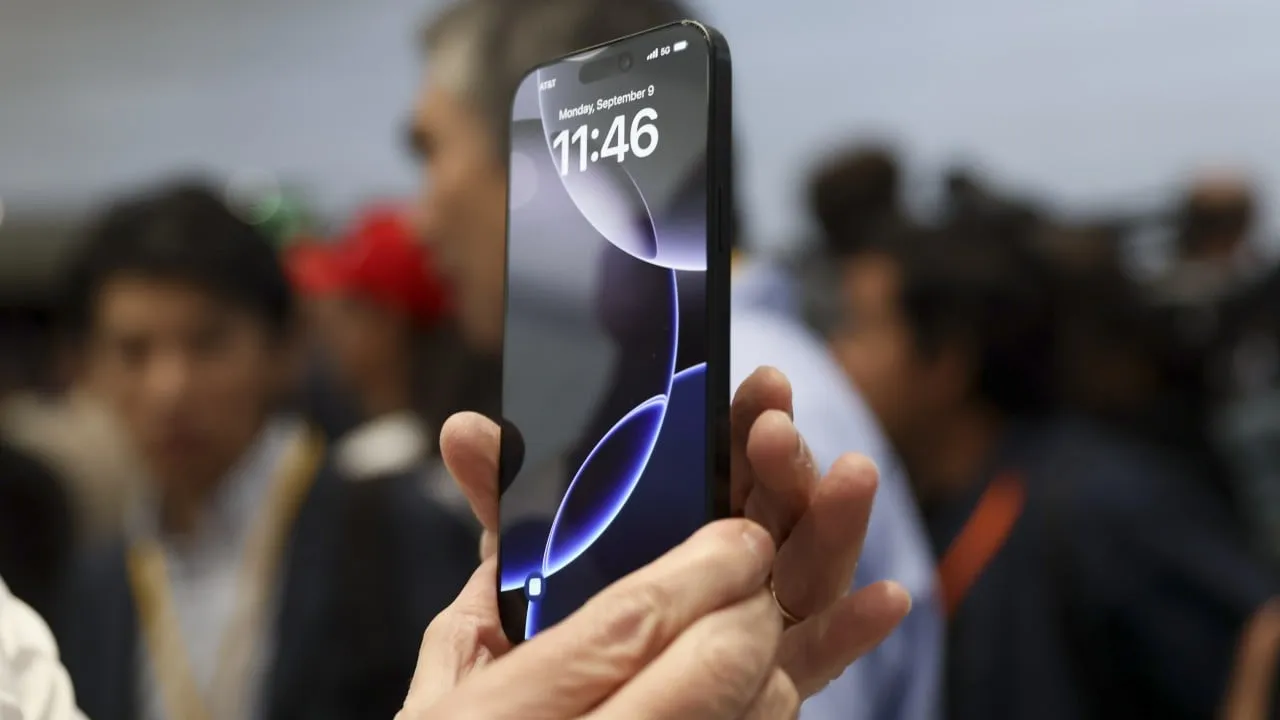Liang Rubo's ByteDance and Tencent: Key Players in Apple's AI Strategy in China

Apple is in early-stage talks with Tencent Holdings and ByteDance in a bid to introduce its Apple Intelligence to mainland China, where the smartphone maker is required to partner with a local AI model provider, Reuters reported on Thursday.
Apple has faced a slow process in trying to bring its new AI features to mainland iPhone users. The company was previously working with internet search giant Baidu, but that collaboration faced roadblocks owing to disputes over user data, US tech news outlet The Information previously reported. Baidu had sought access to certain iPhone user data to enhance AI performance, a request that violates Apple's privacy policy, according to the report.
Tencent, Baidu, ByteDance and Apple did not immediately respond to requests for comment on Thursday. Tencent's share price gained 2.3 per cent in Hong Kong on Thursday, while Nasdaq-listed Baidu fell 2 per cent in pre-trading.
An AI partnership between Tencent and Apple could give a boost to both companies. Tencent launched its foundational AI model, Hunyuan, in September last year, with continuous updates since then. Tencent debuted its Yuanbao AI chatbot in May, trailing behind competitors. In October, Yuanbao's web platform attracted 1.16 million visits, according to QuestMobile data.
ByteDance, the owner of Douyin and TikTok, has been competing fiercely in AI by lowering the price of its Doubao large model and ramping up advertising for its chatbot, also named Doubao, across Chinese social media platforms. As of October, the web version of Doubao garnered 16.88 million visits, while its app had 48.39 million monthly active users, positioning it as a front-runner in the market, according to QuestMobile.
ByteDance CEO Liang Rubo, in outlining his objectives for the fourth quarter, said the company would 'keep expanding [its] advantage in current key [generative AI] applications' and 'reinforce several vertical fields,' the Post reported last week.
Apple Intelligence is the Californian tech giant's integration of different AI technologies into its various gadgets, which outside China involves using OpenAI's ChatGPT in Siri and its Writing Tools. The feature has been available to US users since October, with more capabilities to come. Apple has been unable to launch its AI services in China because OpenAI is not available in the country and local regulations require all generative AI models to be approved by Beijing.
China is Apple’s most important market outside the US, contributing 17 per cent of revenue in the last financial year ended in September. However, it faces mounting pressure as local smartphone brands steadily erode its market share. Earlier this year, Apple fell out of the top five smartphone vendors in China, but strong sales of its new iPhone 16 lifted it back to No 2 in the third quarter.
China is also critical to Apple’s supply chain. In November, Apple CEO Tim Cook made his third visit to China this year, attending the China International Supply Chain Expo in Beijing. He noted that '80 per cent of the 200 major suppliers Apple collaborates with globally are based in China.'
When Cook visited Beijing in October, he said the company was working hard on Apple Intelligence's China debut. 'There's a very specific regulatory process behind this, and we need to complete this process,' he said.
This article was prepared using information from open sources in accordance with the principles of Ethical Policy. The editorial team is not responsible for absolute accuracy, as it relies on data from the sources referenced.